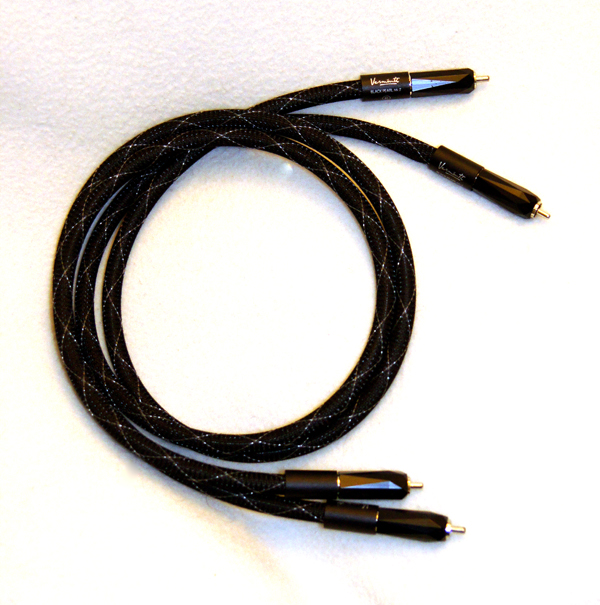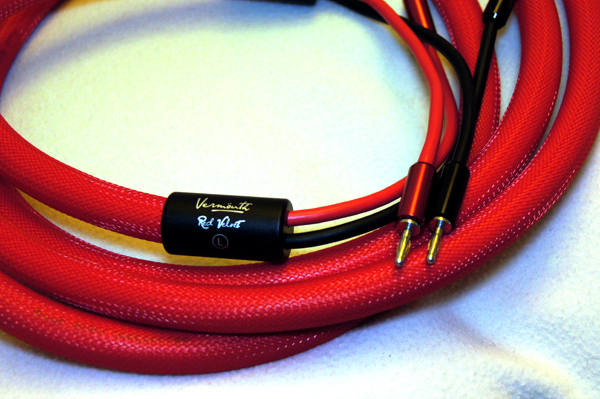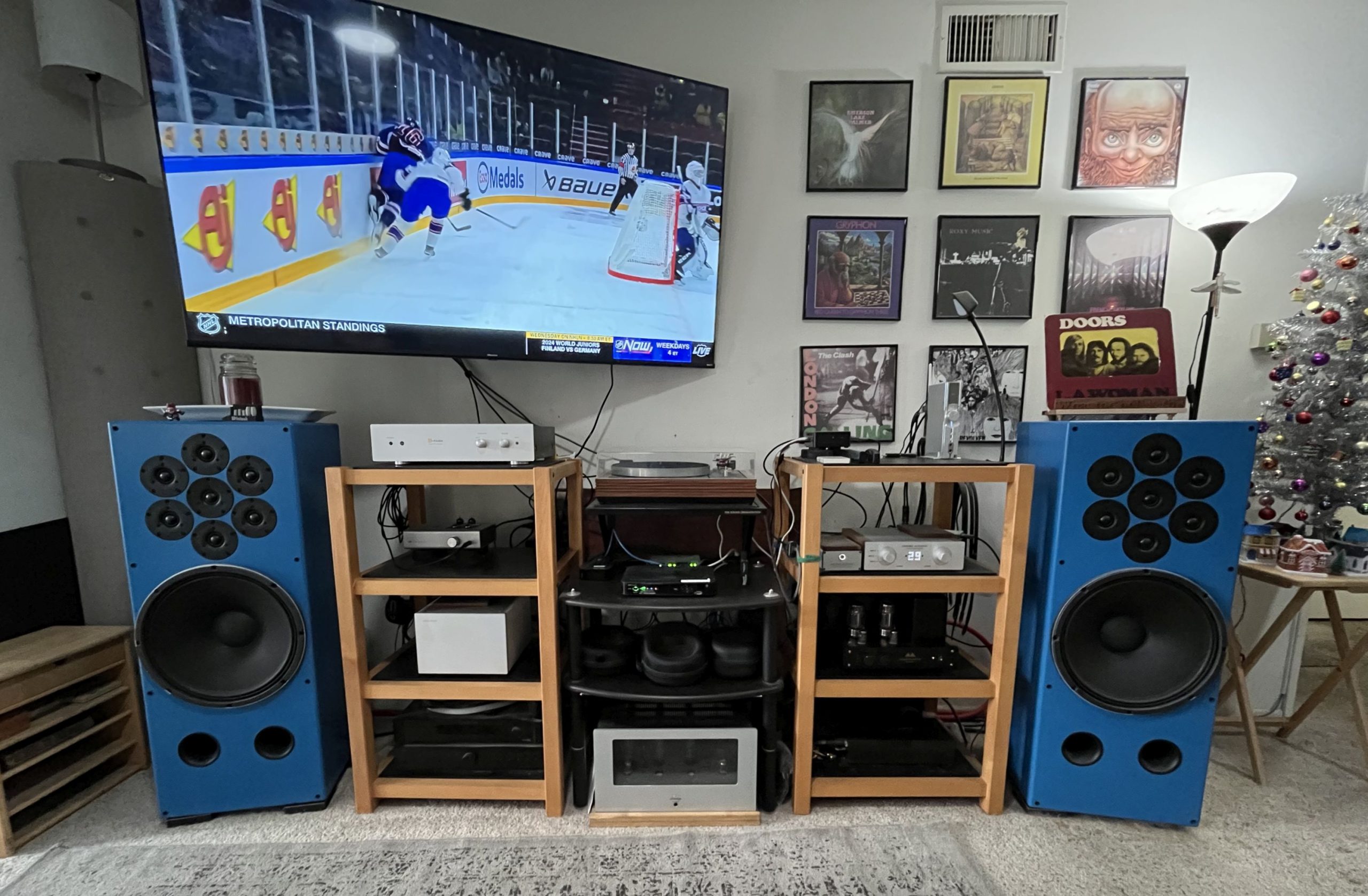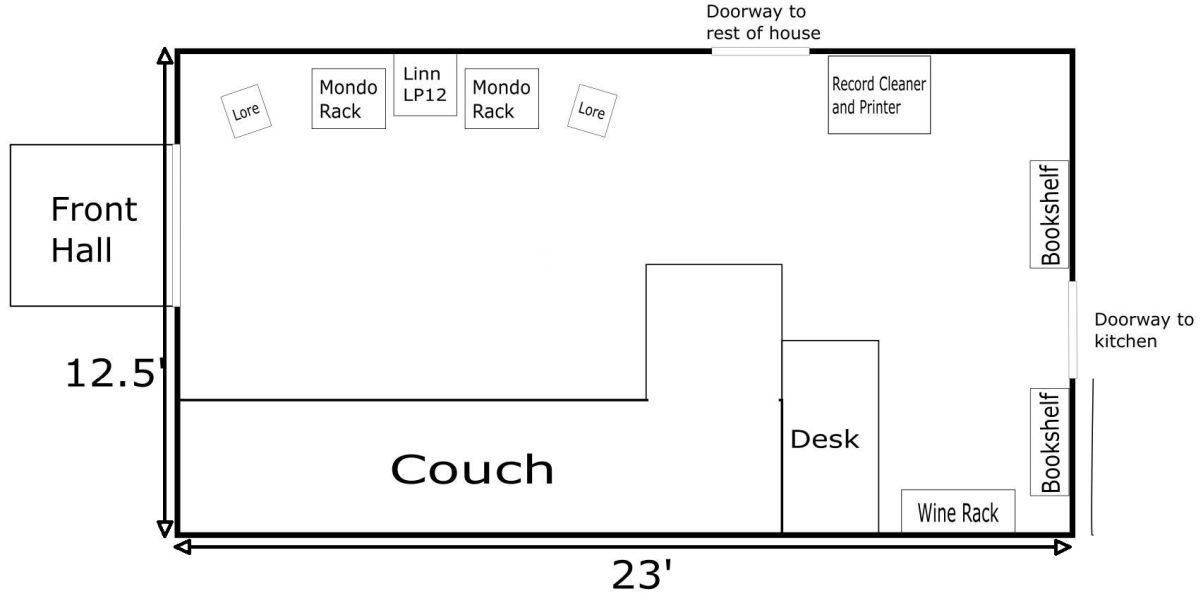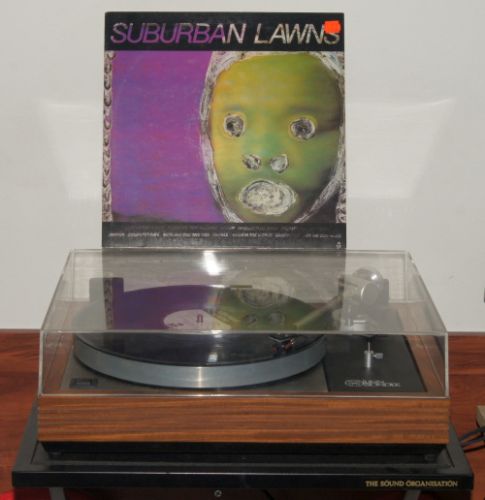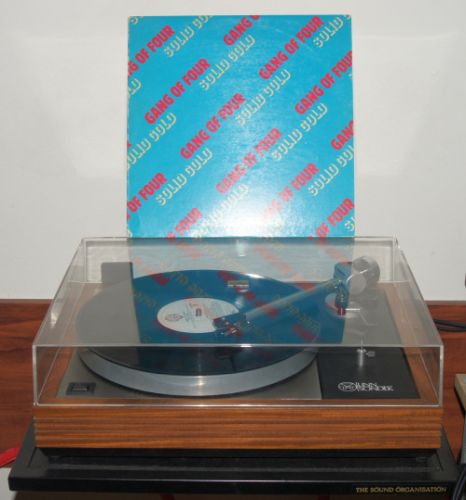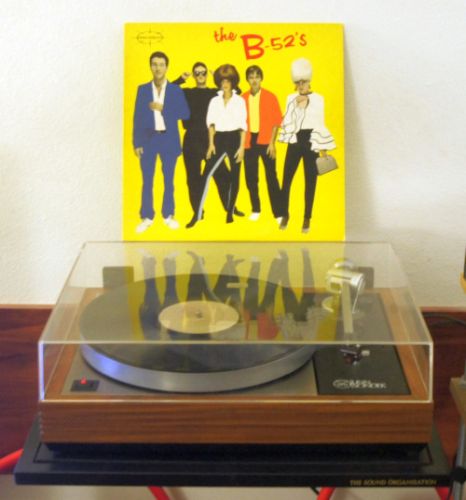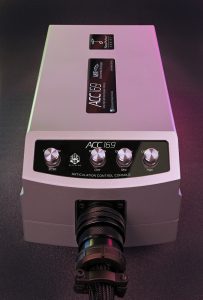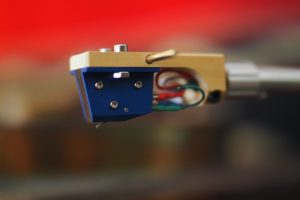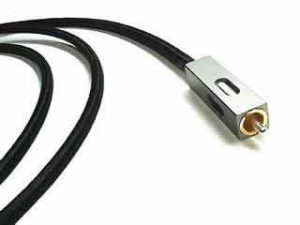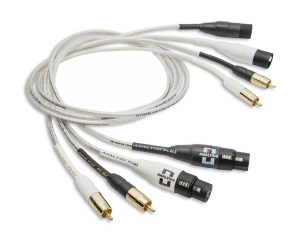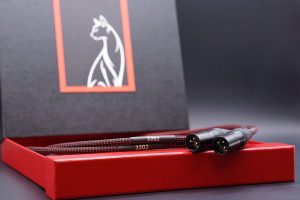When talking about the controversial topic of audio cables, there are three specific areas that keep getting discussed:
- Do cables actually sound different?
- If they do sound different, are any actually better, or are they just different?
- Is whatever difference they may or may not create worth the price?
My answer to Point 1 was published in my review of the Morrow Audio MA1/SP4 cables in PF Issue 67. Additionally, I've heard enough different cables and systems to know without questions that cables can and do often make a difference, the significance of that being largely dependent on the rest of the system. The more revealing your system, the more a difference is likely to be heard.
That part is the objective part.
As to whether difference heard is an improvement or not does take one's biases, expectations, and preferences into account. Different cables may exhibit different primary characteristics, some of which will suit some people's tastes better tan others. This is true for most audio gear, which is why there is no single "best" in any category. Hop in any online audio discussion and ask what the best speaker or amp is, and you'll start the flame wars by the third or fourth comment.
Regarding whether they are worth the price, or offer any real value, that is purely a personal consideration for the listener/purchaser. To someone who has already invested $200K on their system, another few thousand for cables they like might be very well viewed as worth it. To someone like me who focuses on lower price gear, having cables that cost more than any other piece of equipment in my system probably won't be considered as good value. Cables that cost more than my entire system just won't fly.
There has been a bit a delay in getting this review of the Vermouth Audio cables submitted for review, mostly because of price. Due to a little misunderstanding, when I agreed to review these, I was under the impression they fit close to my limit of having my entire cables system (interconnects and speaker cables) come in at $1000 or less (MSRP). Turns out, the actual US price puts them about twice that. However, I have them, I've put a lot of time in listening to the system with them. Just keep in mind that with the exception of my Linn turntable, nothing else in my system had an MSRP of over $1000.
Also, keep in mind I don't look to use cables to filter or tune my system. Nor do I mix and match cables to trade off one set of characteristics of one cable with those of another. I prefer to simply hook up my system with one brand and see if that works well in my system or not. To that end, I was sent fours pairs of Black Pearl interconnects (three one-meter pairs and a one-and-a-half meter pair) as well as a three-and-a-half meter pair of Red Velvet speaker cables.
The Black Pearl interconnects, though probably more traditional looking than either of the cables I have been using, seemed to me, to be quite a change. Compared to the ultra thin, flat ribbon Nordost Solar Winds or super lightweight single-strand-solid-core Morrow Audio MA1, the one-centimeter diameter and quite heavy Black Pearl cables seemed big, substantial, and very well made. I especially liked the large, solid locking RCA connectors. I thought they proved a bit big for some of the smaller, low priced products I've had in house over the past year, but I was still always able to get them secured to the RCA inputs wherever I tried them. There was certainly a sense of getting your money's worth.
Same feeling with the Red Velvet Speaker cables. A full two centimeters in diameter (and bright red to boot) the Red Velvet were heavy enough that, for example, when I used them with the small stand mounted SVS Ultra Bookshelf speakers (see Issue 69 HERE) I was concerned about whether the speakers might not just tip over off their stands. The supplied banana plugs were beautifully made and, to quote their literature, "Cold Forging Termination Rhodium Plated Tellurium Banana Plug." They certainly fit firmly and still grip fine even though they've been plugged in and out far more often that a typical audiophile would probably subject them to.
After replacing the Morrow Audio MA1/SP4 combination with the Vermouth Black Pearl/Red Velvet cables, and giving a quick check to make sure everything still worked, I pretty much ignored the system for a week, letting it play internet radio all day while out of the house and off at work... all to give them some break in time. After about 75 hours or so, I figured it was time to sit and listen.
Keep in mind, in the context of the systems I've owned and used over the past many years, though I hear the differences in different cable systems, I've never heard them to be earth-shattering, life-changing, or overly-revelatory as some reviewers find in their systems. Once achieving a basic level of quality, the differences I've heard tend to be subtle, though still significant. To verify my observations, I switched back and forth between the Vermouth, Morrow and Nordost sets several times. The characteristics I'll describe were consistent throughout.
With the full load of Vermouth cables, I found my system to consistently have a more moody, mellower, and emotional presence than what I had been hearing with the Morrow Audio or Nordost cables. As much as that might sound like I'm describing some tonal coloration, I'm not. This has more to do with how music flows from the system, how it energizes the room. Where the Morrow, for example (and I might add, other single strand solid core cables I've played with over the years) seems to focus on clarity and detail, making me feel like I've heard every last thing in the recording, the Vermouth seems to add to that a sense of what the artists were thinking and feeling at the time. I know that sounds like nonsense to a lot of people, but the more emotional the music, the more this was apparent in the listening.
It wasn't that the Morrow offered up more detail than the Vermouth, but the Morrow's level of clarity tended to make me focus on details, highlighting that as a strength of the cable. Careful listening with the Vermouth cables in the system showed clearly that there was no less detail, nothing was obscured, but yet the focus of listening was on other things, more musically related.
This type of difference held up in other areas of playback also. For example, soundstage size and image placement were, more organic and filled in than with my other cables. Images were just as specific and well placed, but had more sense of scale and a better representation of the ambiance of the recording environment, whether real or produced in the studio. That is, there was less sense of individual instruments having been edited together, but rather more of a sense of the music being played back as a whole, complete event. All this made for a more relaxed, intimate sound that let me focus more on the music at hand rather the sound of the system. That is always something I am looking for when I put something new in my system. By comparison, the Morrows sounded somewhat more sterile, clinical, and mechanical sounding.
What was interesting, though expected I suppose, was that the differences in sound were completely consistent regardless of what source I used. Whether I played LPs or files from my server, made no difference, and the differences between those sources were consistent regardless of the cables used, but the differences from one cable set to another were always there. I can't say I would choose one for analog and one for digital.
I will say that I was consistently impressed by the way my system sounded when using the full set of Vermouth cables, and more so than with either of my other cable sets.
Getting back to my original three points the first two are easy to answer:
- Yes the Vermouth cables sound different from the other cables I had to compare to in my system.
- Yes, overall I would they are clearly and noticeably better.
But the third point, are they worth it, I can only answer for myself and in the context of my system. At about $2100 for the complete set, they would run about twice the price of any other single item in my system. That, for me, would be hard to justify. But on the other hand, I don't know what else would generate the type of improvement that the cables would make. It might be that this level of performance won't come for a lower price. Doubling the price of my speakers would certainly generate more potential for a bigger improvement, but I would still be left with the understanding that these cables still offer a more natural sound than the less costly cables I currently have.
What I can say is that in a world of cables costing several times the Vermouth's asking price, these offer a very high quality level of sound and construction. Steve Lefkowicz
Black Pearl Interconnect - $320 / meter pair + $48 per each additional 0.25 meter.
Red Velvet Speaker Cable - $475 / 1.8 meter pair + $40 per each additional 0.3 meter.
VERMOUTH AUDIO
Hendri Ramli
Jln.Gatot Subroto Tengah No.100X Kav.15
Denpasar - Bali (80231) | Indonesia
[email protected]
www.vermouthaudio.com




